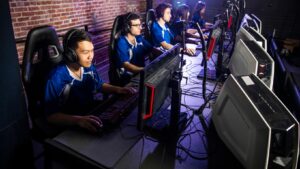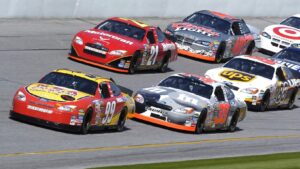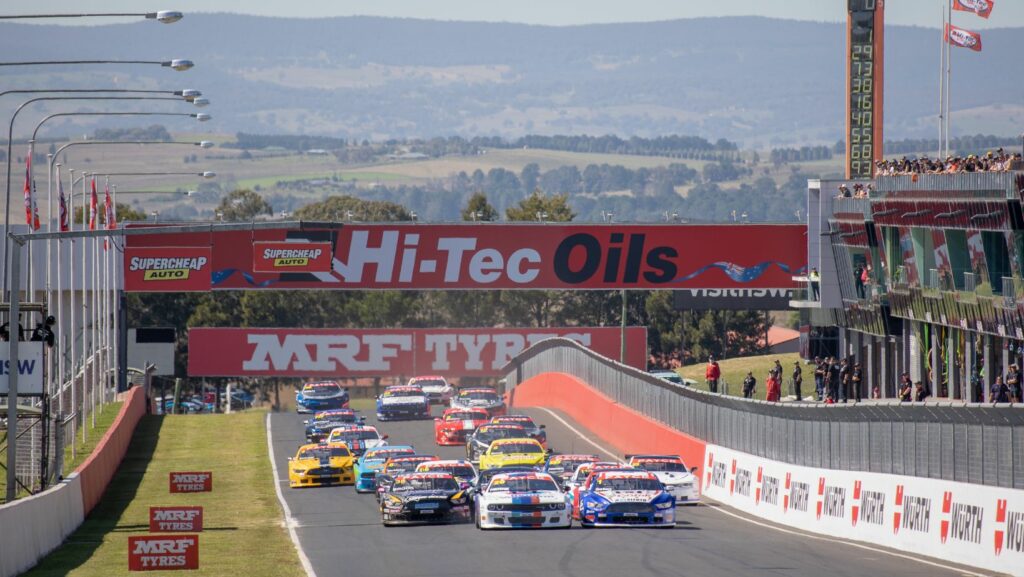Living an active, sports-centered lifestyle isn’t just about the thrill of competition or the love of a game. It’s a commitment to health, camaraderie, and personal growth. It’s a pursuit that transcends the field or court and extends into daily life, shaping one’s habits, values, and overall wellbeing.
Whether you’re an athlete in training or a casual sports enthusiast, you’re part of a vibrant, global community that’s as diverse as the sports it embraces. From the discipline of martial arts to the teamwork in soccer, the sports lifestyle is a mosaic of experiences, lessons, and unforgettable moments. Dive in as we explore the intricacies of this dynamic world and how it shapes individuals and societies alike.
Lifestyle Sports Dublin
Defining the Sports Lifestyle
 In Dublin, the sports lifestyle presents itself as a unique mashup of physical, social, and cultural elements. It isn’t just the act of engaging in sports activities; it’s a blend of daily practices, personal values, and shared experiences wrapped around the love for sports.
In Dublin, the sports lifestyle presents itself as a unique mashup of physical, social, and cultural elements. It isn’t just the act of engaging in sports activities; it’s a blend of daily practices, personal values, and shared experiences wrapped around the love for sports.
For instance, regular workouts or participation in sports events, a healthy diet to fuel their active bodies, investing in quality sports gear, and the camaraderie they share with fellow sports enthusiasts – these are all examples of how sports lifestyle manifests itself among Dubliners.
The focus isn’t solely on competitiveness or mastery of a specific sport. While those are aspects appreciated by some, they aren’t a requirement to live the sports lifestyle. Many enthusiasts participate with the intention of staying fit, meeting new people, or simply enjoying the thrill of the game.
The Impact of a Sports Lifestyle on Daily Life
A person living the sports lifestyle in Dublin experiences life in a whole new way. The impact extends beyond their physical health – which undeniably reaps the benefits of regular physical activity – and permeates other areas of their lives as well.
For example, self-discipline – demanded by the regular commitment to exercise or sports events – transfers to their professional life, as they apply the same consistency and dedication to their jobs. Comradeship built on the sports fields fosters a sense of community, as they connect with people from diverse backgrounds, bound by shared passion.
Key Components of a Sports Lifestyle
The sports lifestyle, prevalent in Dublin and beyond, entails three significant aspects in its framework: regular physical activity, appropriate nutrition and hydration, and adequate rest and recovery. These elements don’t exist in individual silos, but rather form an interlinked web contributing to the overall ethos of a balanced sports lifestyle.
Regular Physical Activity
 Commencement of any sports lifestyle involves regular physical activity. It’s essential to engage in consistent and varied exercise, whether it’s participating in traditional sports such as football and rugby, frequenting the gym, or taking part in the range of activities available in Dublin’s outdoor spaces. However, the exertion doesn’t always need to be intense. Activities such as daily jogging, walking, or cycling also qualify, given the primary objective is to keep the body active and facilitate personal growth.
Commencement of any sports lifestyle involves regular physical activity. It’s essential to engage in consistent and varied exercise, whether it’s participating in traditional sports such as football and rugby, frequenting the gym, or taking part in the range of activities available in Dublin’s outdoor spaces. However, the exertion doesn’t always need to be intense. Activities such as daily jogging, walking, or cycling also qualify, given the primary objective is to keep the body active and facilitate personal growth.
Nutrition and Hydration
Alongside regular exercise, nutrition and hydration form the underpinning layer of the sports lifestyle. Experts recommend viewing food as fuel for physical activities. Emphasizing lean proteins, whole grains, fruits, vegetables, and healthy fats provide the nutrients required to function optimally and recover post-intensive activity. Consuming about 2 to 3 liters of water daily, depending on personal needs and the intensity of activities, ensures the body stays hydrated, helping to improve performance and support overall health.
Rest and Recovery
Contrary to common belief, rest and recovery are just as important as exercising in a sports lifestyle. Active individuals should prioritise getting sufficient sleep, typically 7 to 9 hours per night, to allow the body to repair muscle tissue and replenish energy reserves. Additionally, incorporating rest days into workout routines, using various recovery techniques like stretching or using a foam roller, can speed up muscle recovery and enhance performance for the next session. These practices together establish a prosperous circle of continuous improvement and sustainable growth in the pursuit of a sports lifestyle.

